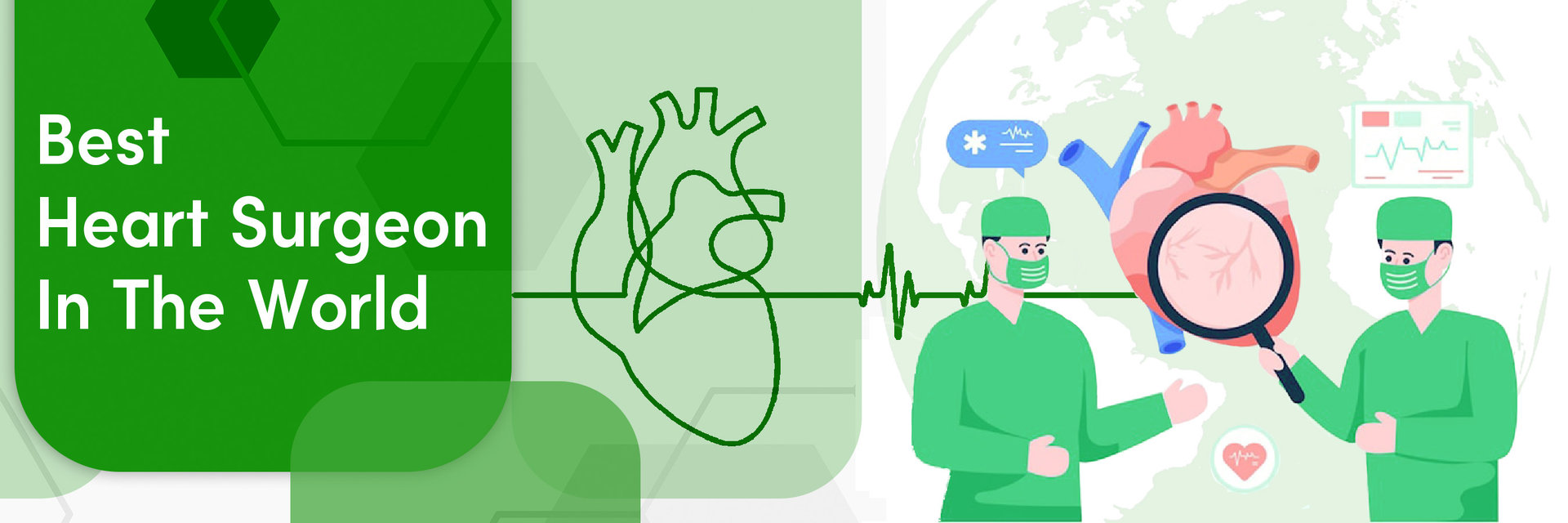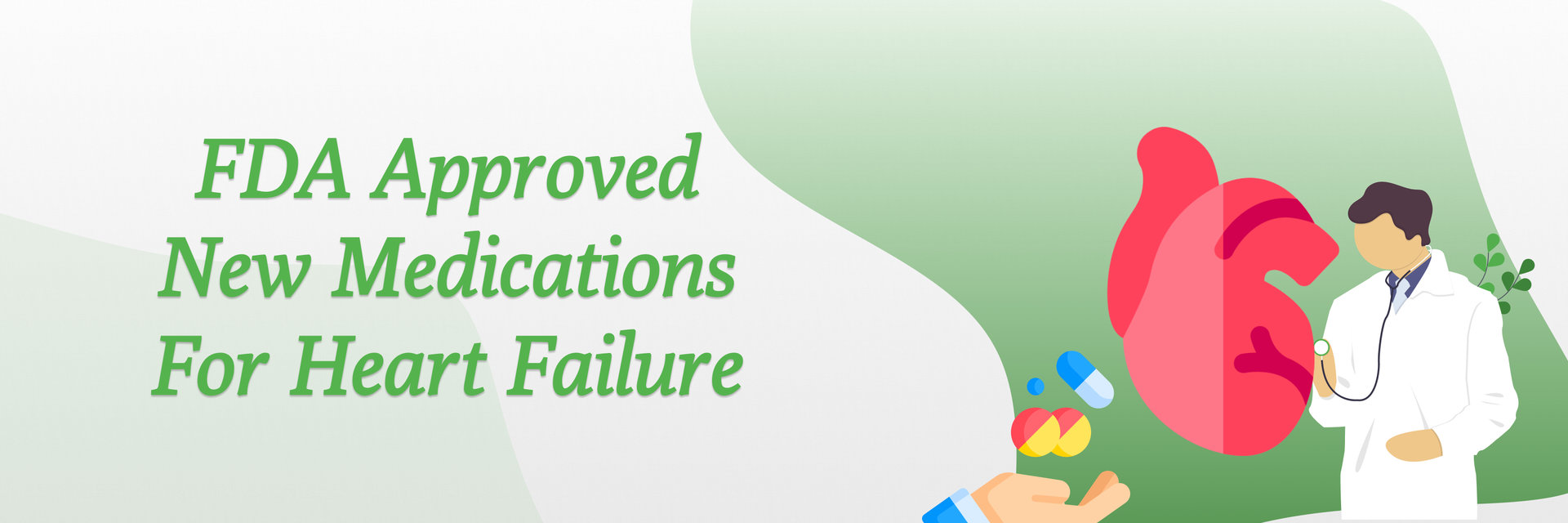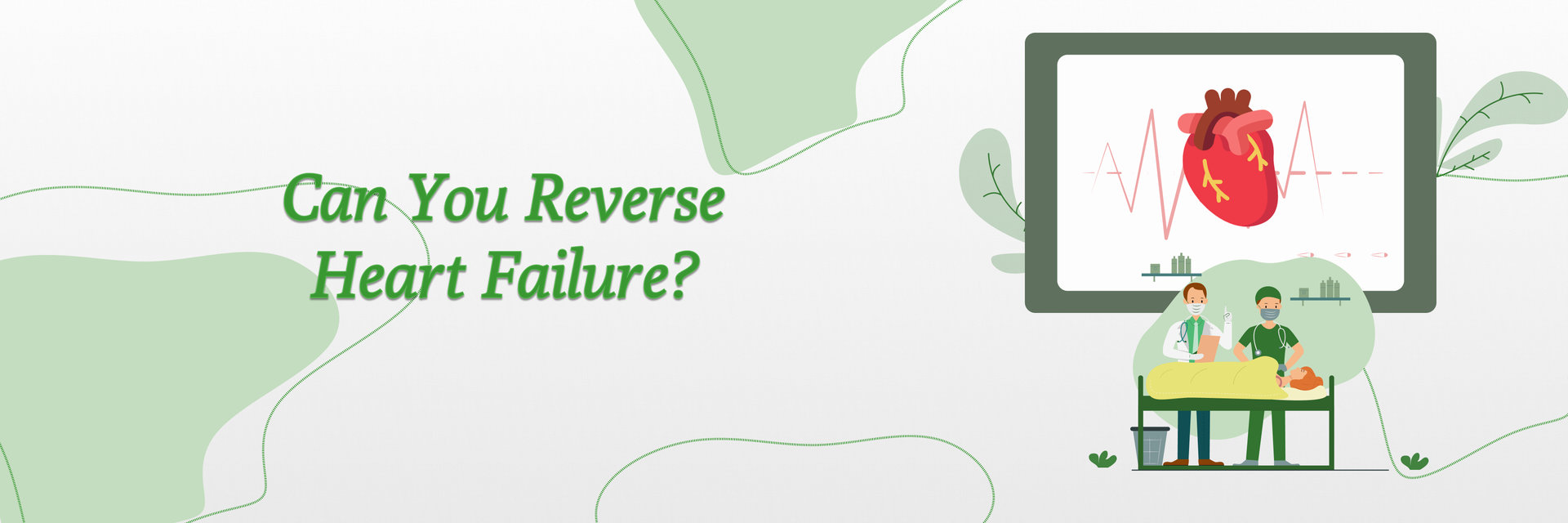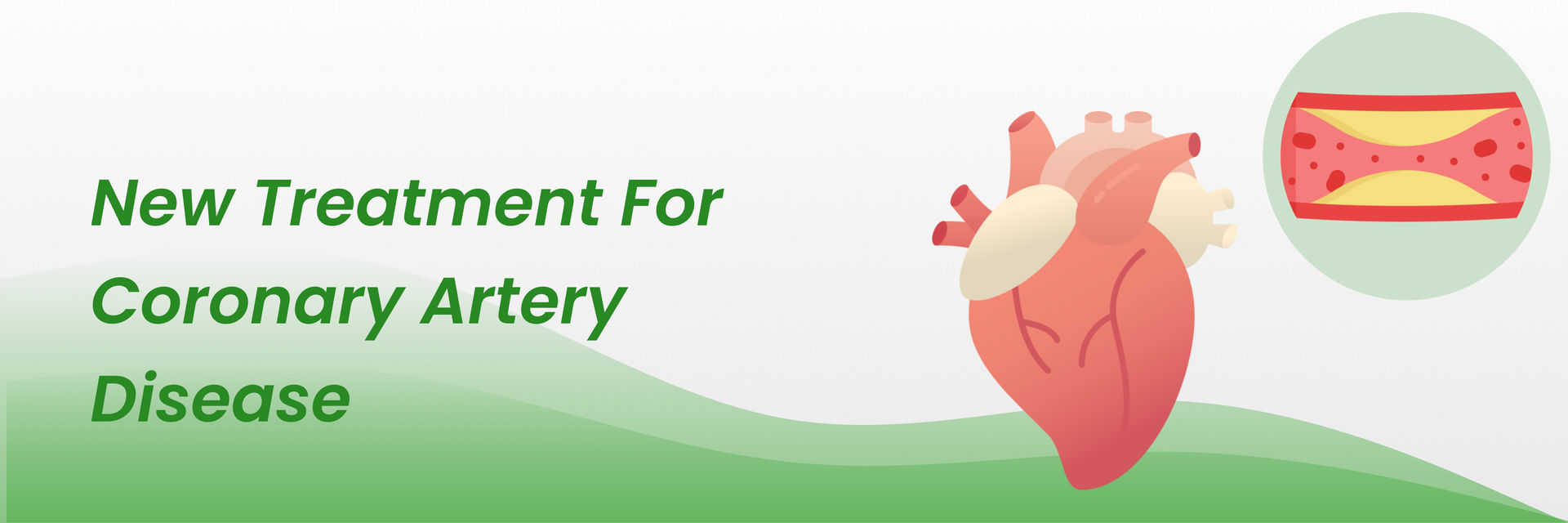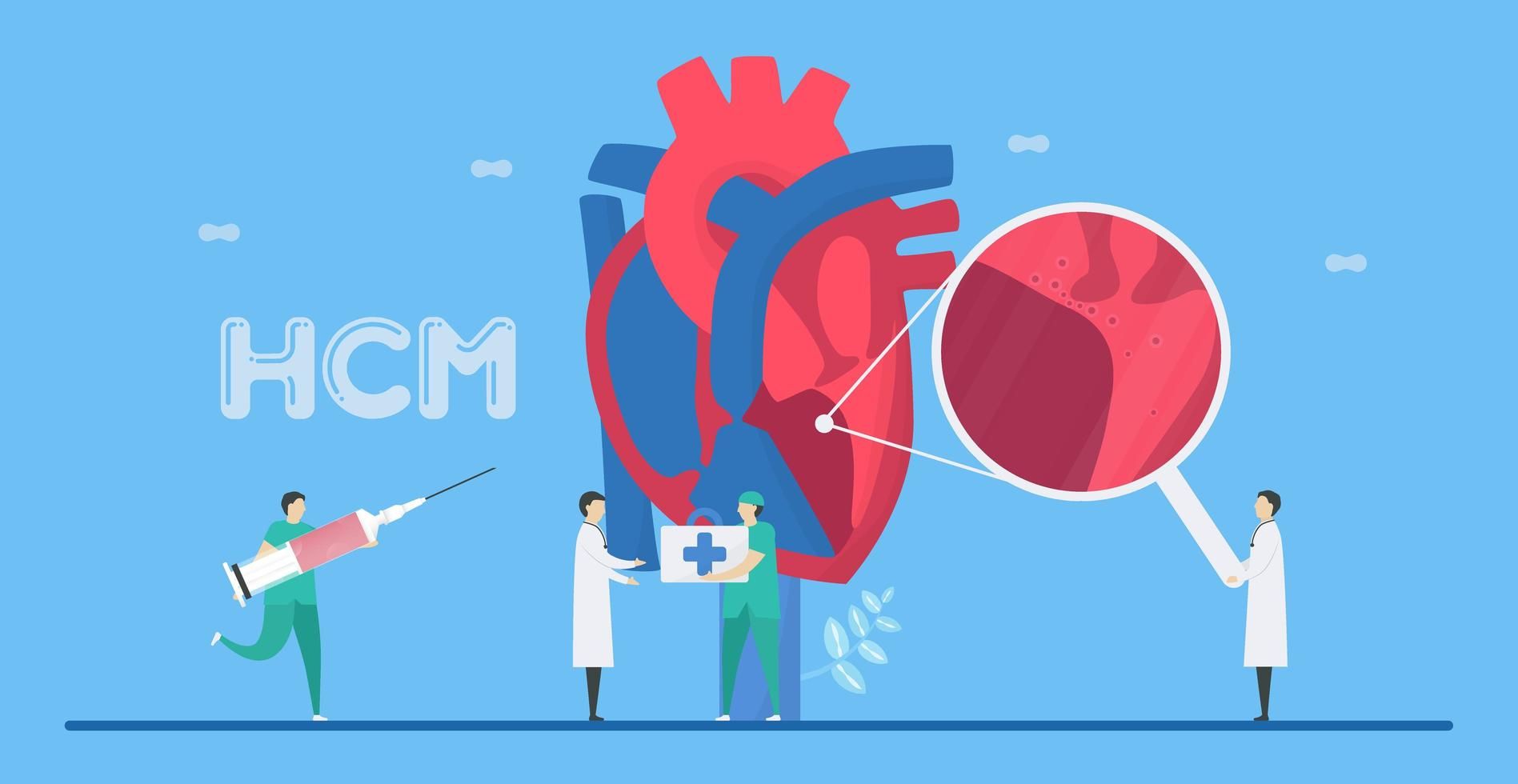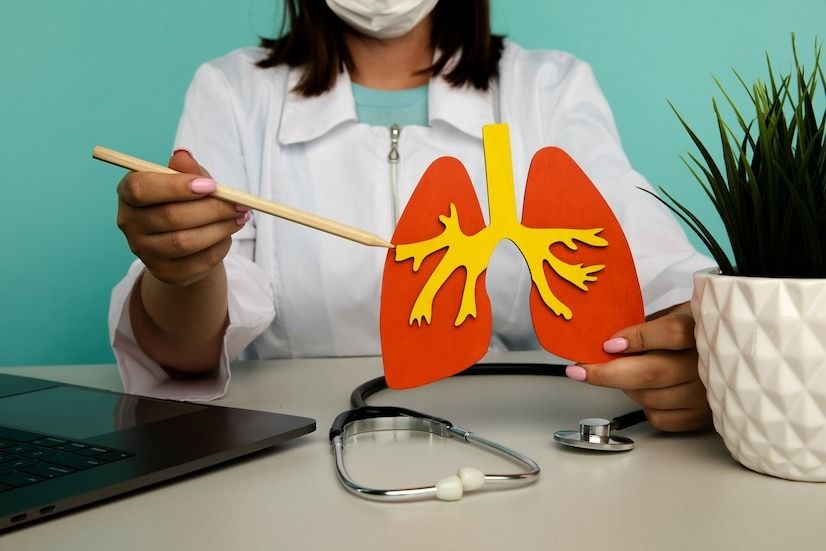Overview
Heart disease remains a leading cause of mortality worldwide. As researchers delve into preventive strategies, the role of diet has come under scrutiny. One dietary pattern that has gained attention is the vegan diet, which excludes all animal products. A vegan diet, rich in fruits, vegetables, whole grains, and legumes, can greatly improve heart health. Studies show that people following a vegan diet have a 32% lower risk of heart disease compared to non-vegans. Additionally, vegan diets are associated with lower cholesterol levels and blood pressure, contributing to overall cardiovascular health.
Dr. Babita Goel , a General Physician, explains: "Adopting a vegan diet can significantly enhance heart health. The high fiber content helps lower cholesterol levels, while the abundance of antioxidants reduces inflammation and supports overall cardiovascular function. Regularly consuming a variety of plant-based foods can lead to better blood pressure control and reduced heart disease risk. Combining this diet with a healthy lifestyle, including regular exercise and adequate sleep, further promotes heart health."
Ready to improve your heart health? Consult a cardiologist to get started on a heart-healthy lifestyle today.
What is a Vegan Diet?
Did you know that a vegan diet can offer all the essential nutrients your body needs?
A vegan diet is a plant-based eating plan that excludes all animal products, including meat, dairy, eggs, and honey. People adopt a vegan diet for various reasons, including health benefits, ethical concerns, and environmental sustainability. By focusing on plant-based foods, a vegan diet can provide numerous health advantages, particularly for heart health.
Nutritional Components:
- Fruits and Vegetables: Rich in vitamins, minerals, and antioxidants that support overall health.
- Whole Grains: Provide essential fiber, B vitamins, and complex carbohydrates for sustained energy.
- Legumes: Beans, lentils, and peas are excellent sources of protein, fiber, iron, and folate.
- Nuts and Seeds: Offer healthy fats, protein, and important micronutrients like zinc and magnesium.
- Plant-based Proteins: Tofu, tempeh, and seitan are common protein sources in a vegan diet.
- Healthy Fats: Avocado, olive oil, and coconut oil contribute to heart health and overall nutrition.
Is it true that plant-based diets reduce the risk of cardiovascular diseases?
A study published in the Journal of the American Heart Association found that adopting a plant-centered diet in young adults significantly lowers the risk of heart disease later in life. The study followed nearly 5,000 adults aged 18 to 30 over approximately 30 years. Participants who consumed more beneficial plant-based foods (such as fruits, vegetables, nuts, and whole grains) were 52% less likely to develop cardiovascular disease. This benefit was not exclusive to strict vegetarians; the moderate inclusion of animal products (such as non-fried poultry, fish, eggs, and low-fat dairy) was also associated with positive outcomes.
Another study analyzed the diets of over 123,000 women enrolled in the Women’s Health Initiative, which is known for its cholesterol-lowering effects. This diet emphasizes plant-based foods like oats, barley, legumes, soy, and nuts. The results showed a reduction in “bad” LDL cholesterol levels, contributing to heart disease risk.
Inflammation and Heart Health
How Does Diet Impact Heart Health?
Are you aware of how your diet directly impacts your heart health?
The food you eat plays a crucial role in maintaining heart health. Diets high in saturated fats, trans fats, and cholesterol can lead to plaque buildup in the arteries, increasing the risk of heart disease. Conversely, diets rich in fruits, vegetables, whole grains, and healthy fats can:
- Lower Cholesterol Levels:
- Naturally low in cholesterol and saturated fats.
- It helps reduce LDL (bad) cholesterol levels.
- Reduced Blood Pressure:
- High in fruits, vegetables, and whole grains.
- It helps lower blood pressure, reducing strain on the heart.
- Weight Management:
- Typically lower in calories.
- High in fiber, promoting healthy weight management.
- Reduces the risk of obesity, a major risk factor for heart disease.
- Anti-inflammatory Effects:
- Rich in antioxidants and anti-inflammatory compounds.
- It helps reduce inflammation and protect the heart.
- Improved Blood Sugar Control:
- Enhances insulin sensitivity.
- Lowers the risk of type 2 diabetes, which is closely linked to heart disease.
Key Nutrients in a Vegan Diet for Heart Health
Ready to protect your heart? Consult a dietitian to explore the benefits of a vegan diet for heart health.
Fiber:
- Sources: Fruits, vegetables, whole grains, legumes, and nuts.
- Benefits:
- It helps lower cholesterol levels.
- Promotes healthy digestion.
- Aids in weight management by providing a feeling of fullness.
Omega-3 Fatty Acids:
- Sources: Flaxseeds, chia seeds, walnuts, and algae-based supplements.
- Benefits:
- Reduces inflammation.
- Lowers triglyceride levels.
- Supports overall heart health.
Antioxidants:
- Sources: Abundant in berries, leafy greens, nuts, and seeds.
- Benefits:
- Protects against oxidative stress and inflammation.
- Reduces the risk of chronic diseases, including heart disease.
- Supports healthy blood vessels.
Plant Sterols:
- Sources: Found in nuts, seeds, legumes, and fortified foods.
- Benefits:
- It helps reduce LDL (bad) cholesterol levels.
- It enhances heart health by preventing cholesterol absorption in the intestines.
Incorporating these key nutrients into your vegan diet can significantly enhance heart health and reduce the risk of heart disease.
Tips for Adopting a Heart-Healthy Vegan Diet
Meal Planning and Preparation:
- Weekly Planning: Plan your meals ahead of time to ensure a balanced diet.
- Batch Cooking: Prepare meals in bulk to save time and ensure you always have healthy options available.
- Diverse Ingredients: Include a variety of fruits, vegetables, whole grains, legumes, nuts, and seeds in your meal plan.
Essential Supplements:
- Vitamin B12: Crucial for nerve function and red blood cell production. It is found in fortified foods or as a supplement.
- Vitamin D: Supports bone health and immune function. Obtain from fortified foods, supplements, or sunlight exposure.
- Omega-3 Fatty Acids: Consider algae-based supplements to ensure adequate intake.
- Iron and Zinc: Include foods high in iron and zinc, or consider supplements if needed.
Avoiding Processed Vegan Foods:
- Read Labels: Choose whole, unprocessed foods over packaged, processed options.
- Minimize Sugary and Fatty Foods: Avoid vegan junk food with sugars and unhealthy fats.
- Homemade Meals: Opt for homemade meals to control ingredients and nutritional value.
Incorporating a Variety of Foods:
- Colorful Plates: Ensure your meals are colorful with various fruits and vegetables to maximize nutrient intake.
- Whole Grains and Legumes: For protein and fiber, include whole grains like quinoa, brown rice, and oats and legumes like beans and lentils.
- Healthy Fats: For healthy fats essential for heart health, add nuts, seeds, avocados, and olive oil to your diet.
Following these tips can help you adopt a heart-healthy vegan diet, which can support overall well-being and reduce the risk of heart disease.
Potential Challenges and Solutions
Nutritional Deficiencies:
- Challenge: Ensuring adequate intake of essential nutrients like Vitamin B12, iron, calcium, and omega-3 fatty acids.
- Solution:
- Take supplements for critical nutrients such as Vitamin B12 and omega-3 fatty acids.
- Eat fortified foods and a diverse range of plant-based foods.
- Regularly consult with a nutritionist to monitor and adjust your diet.
Social and Lifestyle Adjustments:
- Challenge: Navigating social situations and lifestyle changes.
- Solution:
- Plan and prepare meals in advance when attending social events.
- Communicate your dietary needs to friends and family.
- Find vegan-friendly restaurants and recipes to make dining out enjoyable.
Finding Reliable Information:
- Challenge: Accessing accurate and reliable information about a vegan diet.
- Solution:
- Follow reputable sources such as registered dietitians and nutritionists.
- Join vegan communities and forums for support and advice.
- Refer to scientific studies and credible health organizations for guidance.
Conclusion
Adopting a vegan diet can be a powerful step towards better heart health and overall well-being. By lowering cholesterol levels, reducing blood pressure, managing weight, and decreasing the risk of diabetes, a plant-based diet offers numerous benefits. Key nutrients such as fiber, omega-3 fatty acids, antioxidants, and plant sterols are crucial in maintaining heart health. While transitioning to a vegan diet may present challenges, such as nutritional deficiencies and social adjustments, these can be effectively managed through careful planning, supplementation, and reliable information sources. Embracing a heart-healthy vegan diet with informed choices and professional guidance can significantly enhance your quality of life and reduce the risk of heart disease.
References
https://www.ncbi.nlm.nih.gov/pmc/articles/PMC9963093/
https://www.eatingwell.com/article/7834305/vegan-manage-heart-disease/

